Thoughts on retirement and retreat – Part One: What consequences for blogging?
In my latest blog posts I have been closing my activities as a project-based researcher. In addition, I have made a brief review on different phases of my career with European research & development projects in the field of vocational education and training (VET). This has been part of my stepping out of active engagement in working life and transition to retirement. At the end of those posts I have indicated that I will continue writing blogs, but from a different perspective. However, as long as I have had something to report and review (in particular in the light of occasional anniversaries), I have not given much thoughts on what implications this new situation – landing to retirement – might have for my future blogging. Now it is time to share some thoughts on it – and to make it transparent, what kind of fundamental changes I am going through. Below I will mention some aspects of these changes.
Semi-retirement, full retirement and retreat from the ‘battle grounds’
For many active researchers the end of the career at their university job has not meant a complete departure from their former activities. Many of my old acquaintances have continued in some form of consultancy and private research activities. That is often called as semi-retirement (and the Germans top it up with their joking expression ‘(Un)Ruhestand’). I have had my taste of this during this year when I had a short part-time contract alongside my pension to finish my activities in my last project. But for me it was clear that when the project is over, there will be no such continuation.
For me the strong point was the need to move back to my home country Finland. For many years I had lived as an expatriate in Germany and visiting my home country and my beloved ones as often as I could (but not as often I would have wished). So, now it was the time to put an end to this shuttling and to get settled. During the year 2020 there was a longer period of working from the Finnish home office and that was a kind of ‘semi-retreat’ but it didn’t feel like the complete retreat. Now, once I have finished the project work and moved completely back to Finland. I start to understand, what difference it makes to leave the ‘battle grounds’.
Research & development work in action vs. observation from afar
During my active years my blogging on projects has been inspired by the fact that I have been in the middle of action – working closely with development-related challenges and action contexts and with European partners. This has given me food for thought and I have been digesting my experiences and our ideas with blogs posts. Also, these project contexts have given me the awareness of actual and potential audiences with whom I am in a dialogue. Now, in the process of retirement and retreat this feeling is fading away.
In this context I have to mention the VETNET network of the European Educational Research Association (EERA) and its activities in the European Conference on Educational Research (ECER). Ever since the founding phase I have been active in different roles and become recognised as the historian of the network. My blogs on the annual ECER conferences have given me the basis for writing a report on the evolution of the VETNET network by the year 2016 (when I had to stay away from the conference that celebrated the 20th anniversary due to illness). I then returned to the three following conferences and wrote further blogs but indicated that I will not continue participating in the future conferences. (I left open the option to complete the history report up to ECER 2019.)
Now, due to the corona crisis, the ECER 2020 was cancelled with rather short notice and the ECER 2021 will be organised as an online event. In this respect the VETNET network has been working with new solutions for proceedings publications to harvest the participants’ contributions for the ECER 2020 and to prepare the grounds for online participation. From this perspective, the VETNET is entering a new era with new challenges. I can at best wish good luck.
Staying as an expatriate in Germany – and being engaged with other Europeans
Alongside my project-related blogging I have sometimes taken up somewhat different themes. Mainly I have taken the role of a European expatriate living in Germany and interpreting some interesting themes from the German point to other Europeans. Many of these have been related to historical anniversaries – in particular to the processes of peaceful revolution in East Germany 1989 and to the German reunification in 1990. But I have also reported on the pro-European movement Pulse of Europe and its activities to promote positive engagement to promote European solidarity and commitment to work together for a better future. I was pleased to be able to join in the activities and give some inputs in the ‘open microphone’ sessions of the regular Sunday meetings.
Also, I have written some blogs with focus on the 100th anniversary of the Finnish independence. I felt the need to explain the particular history of our nation-building during the centuries of Swedish rule and the century of Russian rule (but with a considerable degree of autonomy). Then, I felt the need to explain the difficult process of gaining the independence (after the World War I), defending it (during the World War II) and consolidating the Finnish welfare state and the particular international position as western democracy and bridge-builder between East and West.
Looking back, I am pleased that I have been active on these fronts. BUT I am no longer there, among the Germans and working with other Europeans. So, I think that I have already completed the mission when it comes to blogging on these themes.
—
So, having shared these thoughts I am somewhat uncertain, how to continue my blogging from a different perspective. Obviously, I need to find a new role for myself and that takes time. Part of this process is to reconsider, what I want to discuss via blogging and what as a user of (other) social media. That is the topic for my next blog post.
More blogs to come (but from different perspective) …
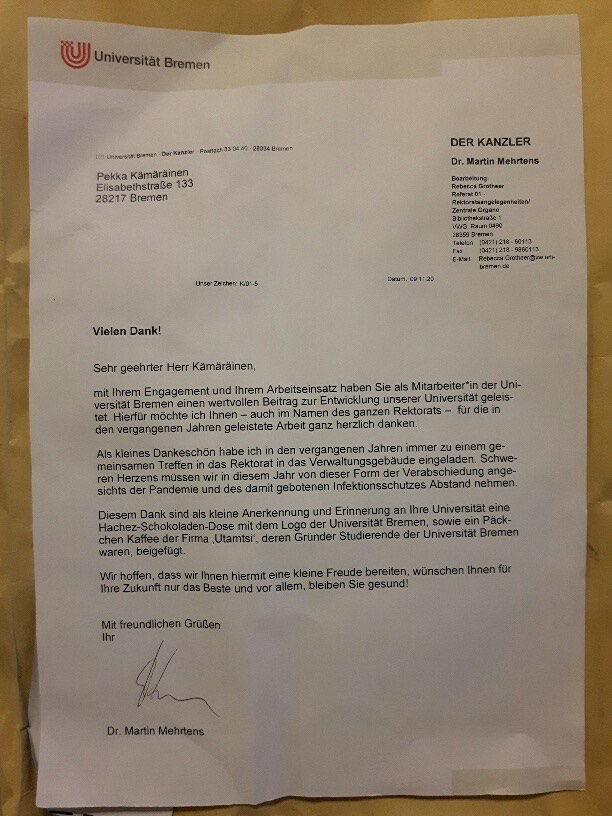
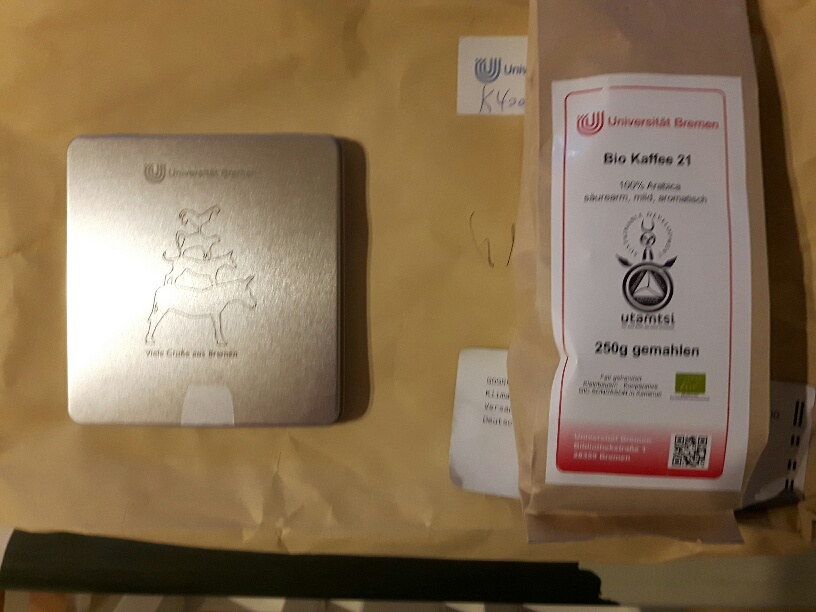


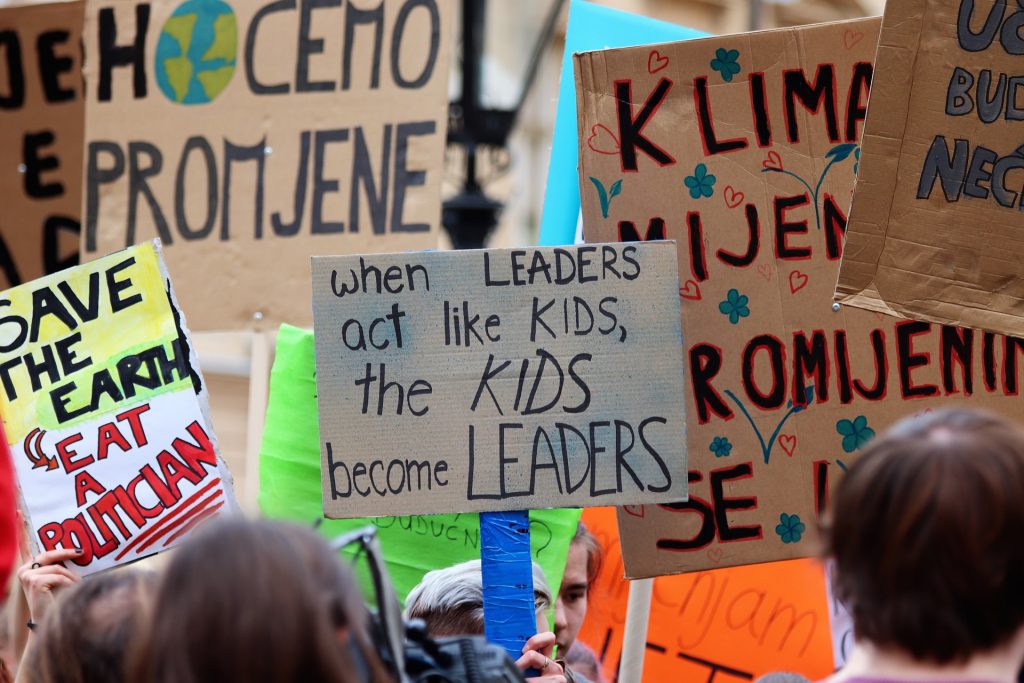 Tomorrow is the kick off day for our new project on the Circular Economy for Youth (CEYOU). Below is a short description of the project. As always we welcome participation from non project partners: just email me or leave a message if you would like to know more.
Tomorrow is the kick off day for our new project on the Circular Economy for Youth (CEYOU). Below is a short description of the project. As always we welcome participation from non project partners: just email me or leave a message if you would like to know more.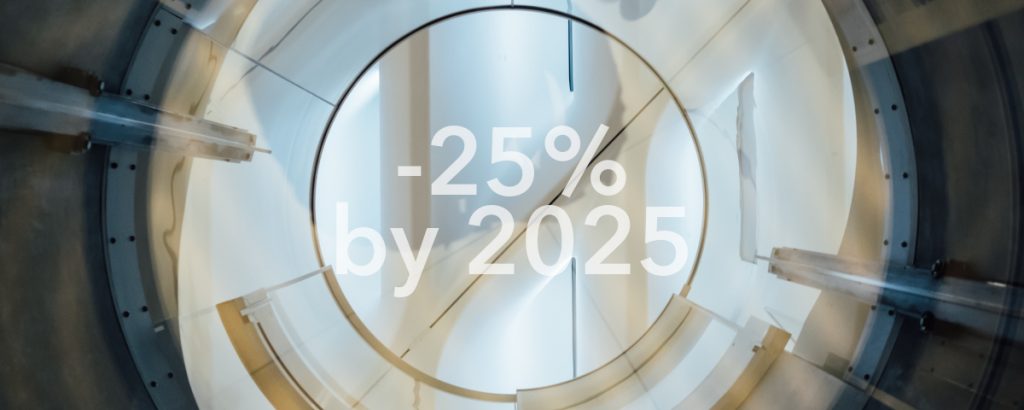 In just one week, ACR+ will unveil its new campaign “More circularity, less carbon”. Participating cities and regions are committing to reduce their carbon emissions linked with local resource management by 25% by 2025!
In just one week, ACR+ will unveil its new campaign “More circularity, less carbon”. Participating cities and regions are committing to reduce their carbon emissions linked with local resource management by 25% by 2025! The UK Centre for Cities has been undertaking a lot of interesting research on the future of cities. In a recent article on their website, they look at ‘why place matters when thinking about productivity. Productivity has been persistently low in the UK and the article discusses “‘Place’, one of the pillars of productivity identified by the
The UK Centre for Cities has been undertaking a lot of interesting research on the future of cities. In a recent article on their website, they look at ‘why place matters when thinking about productivity. Productivity has been persistently low in the UK and the article discusses “‘Place’, one of the pillars of productivity identified by the 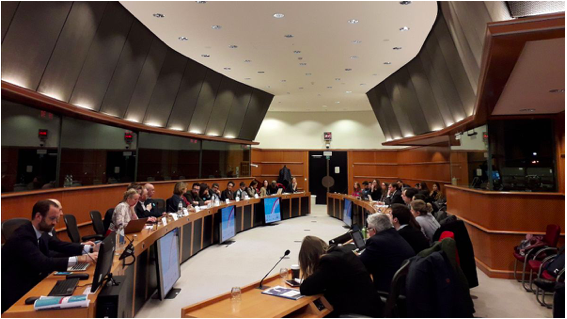 Last week I spoke at a meeting – Circular Economy Competences Making the Case for Lifelong Learning – at the European Parliament in Brussels. The meeting was hosted by MEP Silvia Costa and organised by
Last week I spoke at a meeting – Circular Economy Competences Making the Case for Lifelong Learning – at the European Parliament in Brussels. The meeting was hosted by MEP Silvia Costa and organised by 
